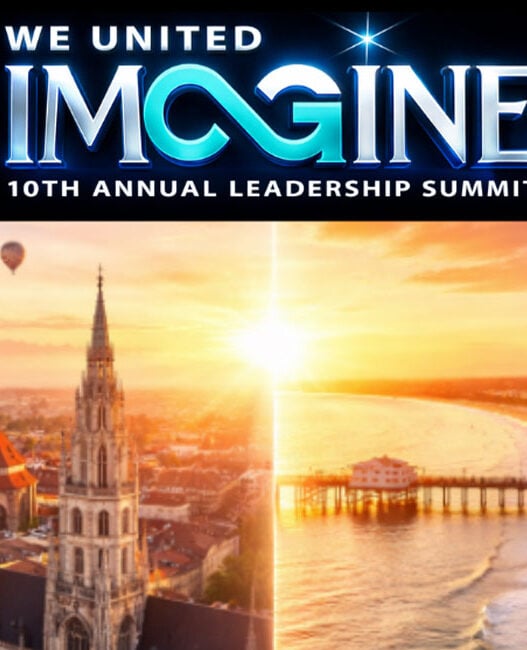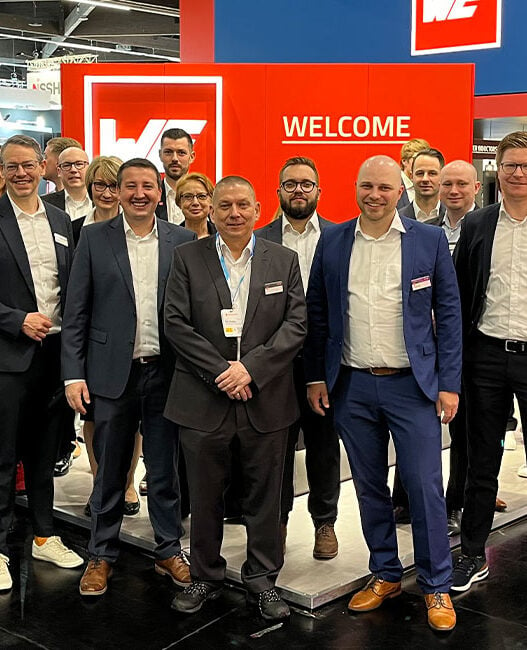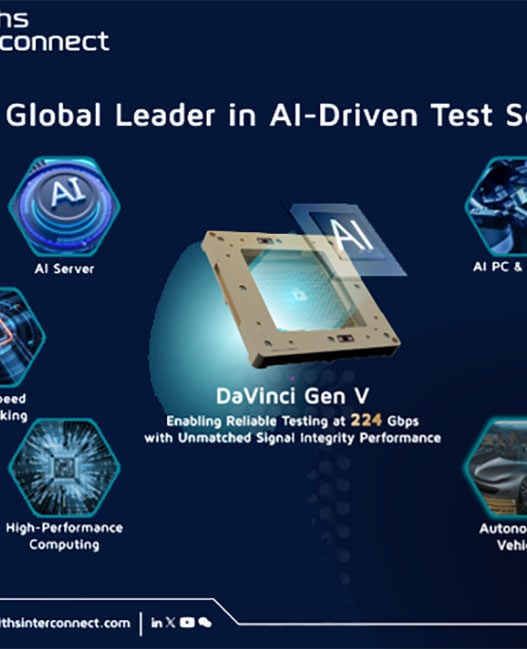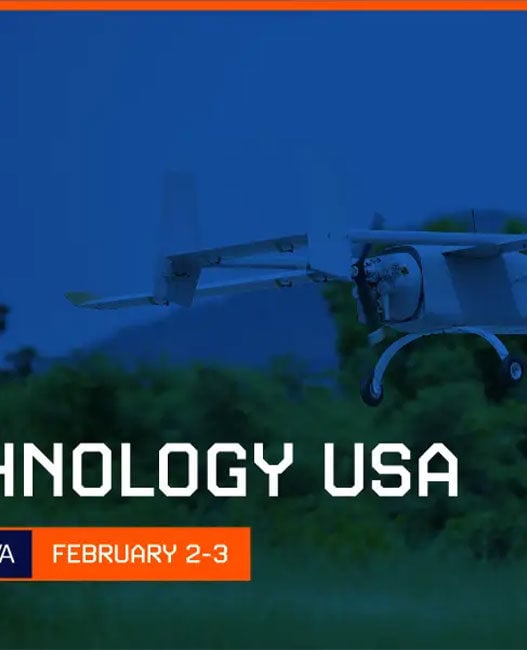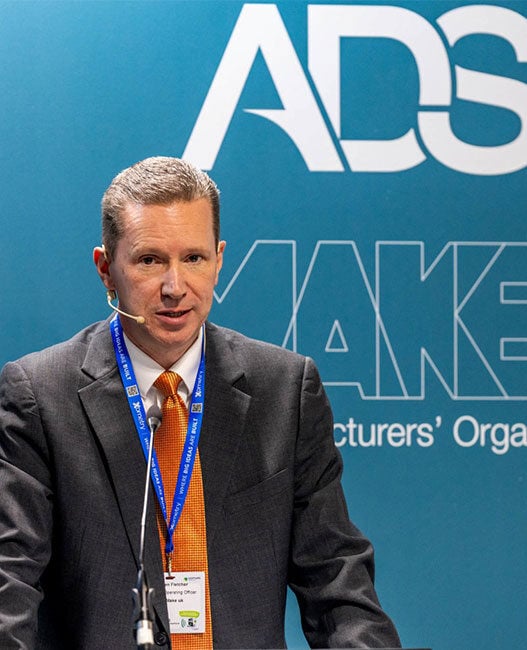The conference will explore current trends and future potential developments in product engineering as the increased use of virtual toolchains – as opposed to discrete computer-aided applications – becomes central to future vehicle development.
A key focus will be on virtual product development, which combines a right-first-time design approach with more efficient physical testing through the elimination of prototype hardware stages in the development process.
The full programme for Virtual Engineering 2020 revealed today includes presentations by representatives of BP, CM Labs, d2h AERO, ETAS, Ford UK and Ford US, NIST, Oxford Brookes University, the University of Brighton, Warwick Manufacturing Group and Ricardo.
The themes covered by these presentations reflect the increasing focus of the automotive industry on wide-scale electrification and hybridisation, as well as the reduction or elimination of emissions.
Particular areas of focus will include software tools, techniques and methods for virtual calibration, simulation and product development of electric drive systems, digital twin applications, model-based systems development, the application of virtual reality models, and novel approaches in virtual engineering. The conference will include site visits and interactive sessions using both software and vehicle demonstrators.
“The Virtual Engineering 2020 programme announced today addresses the challenges and opportunities faced by the automotive and related industries by creating the practical, affordable and attractive products that customers demand while also delivering on the goals of reducing or eliminating in-use emissions and improving environmental sustainability,” commented Ricardo Software MD Kimberly Matenchuk.
“Powertrain electrification, alternative fuels and innovation in propulsion systems are crucially important to this, but fundamental enablers for success are the virtual engineering tools, processes and methodologies to develop the next generation of vehicles while meeting our environmental goals.”
“The Virtual Engineering 2020 programme will provide an engaging and insightful forum, in which Ricardo and its customer, automotive industry and academia partners will share and discuss their perspectives on the software and virtual engineering innovations crucial for future product development.”









